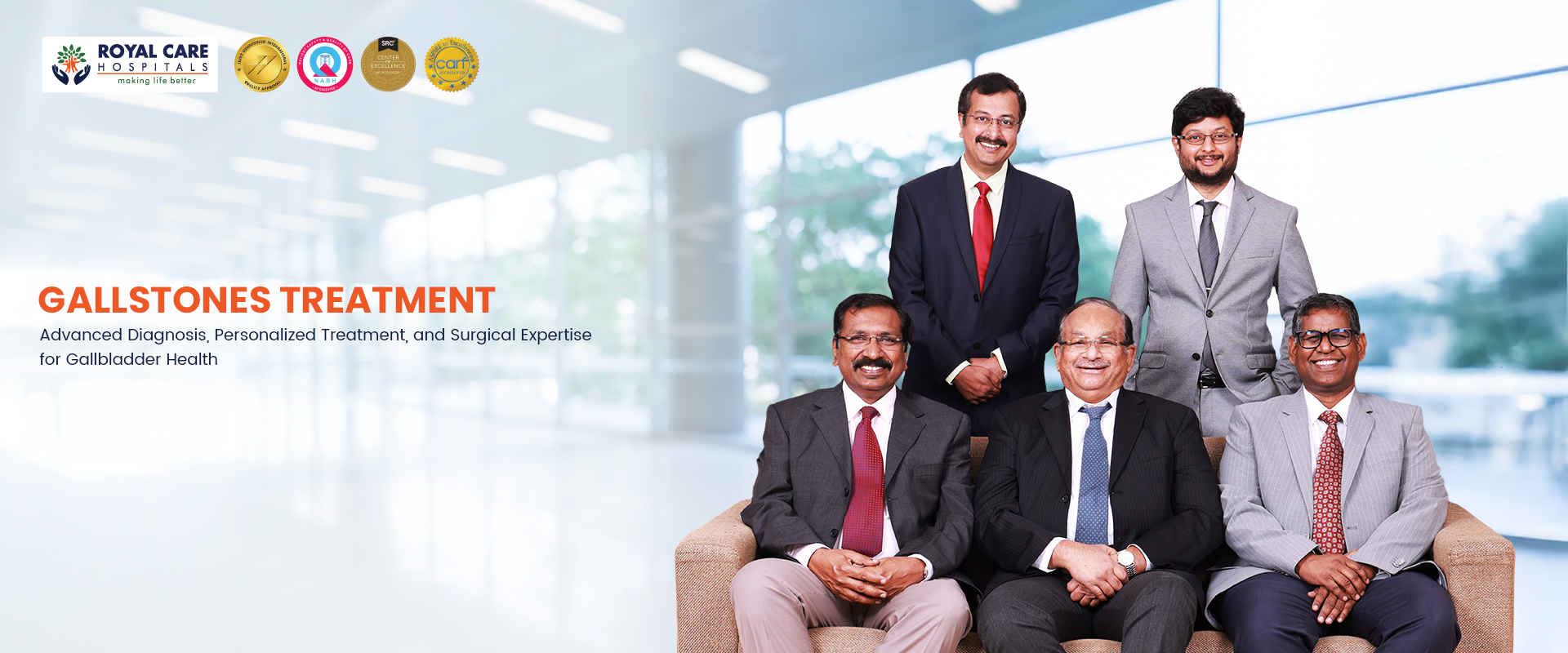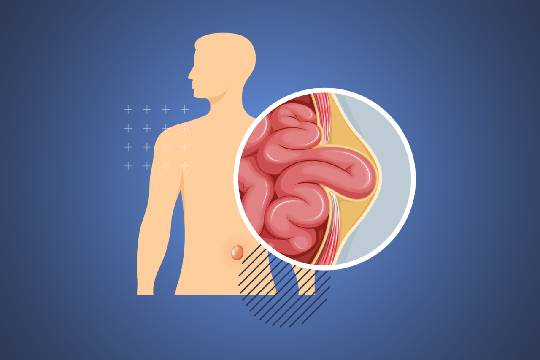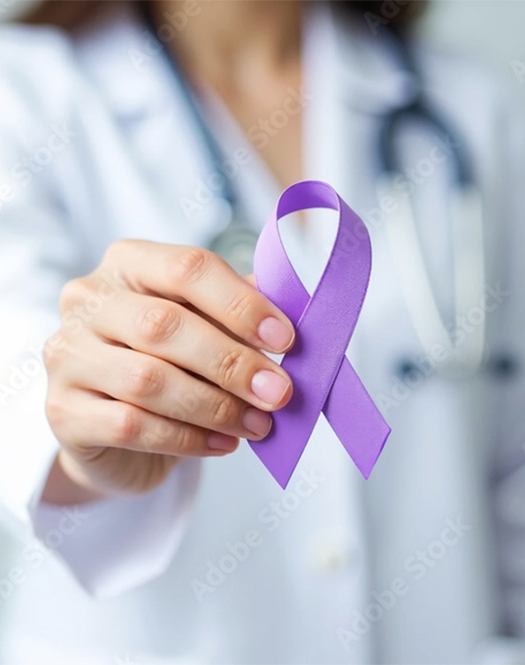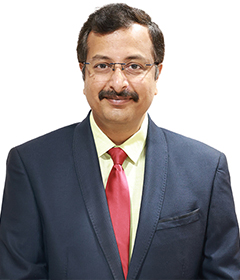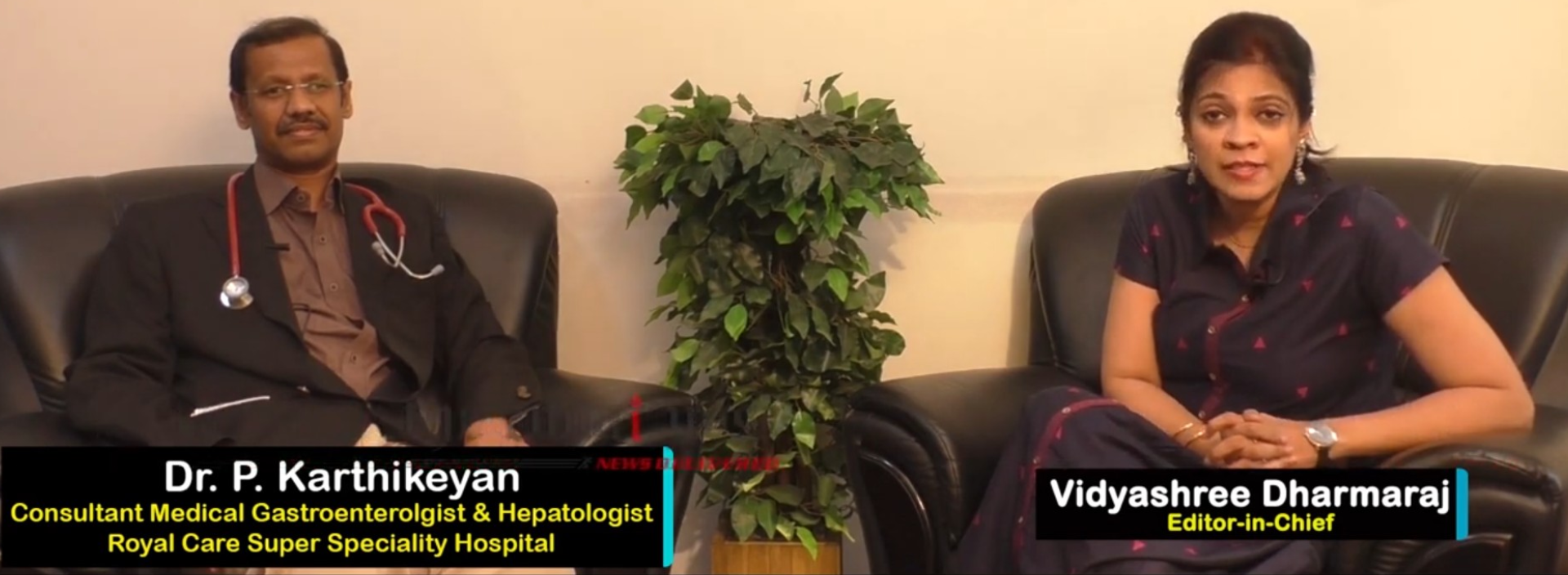" JCI & NABH Accredited Hospital "
🎗️மார்பகப் புற்றுநோய் விழிப்புணர்வு மாதம் – அக்டோபர்! நமது ராயல் கேர் மருத்துவமனையில் 3D மேமோகிராம் பரிசோதனைக்கு 50% சிறப்புக்கட்டணம் இப்போது ₹1250 மட்டும்! முன்னே கண்டறிதல் தான் புற்றுநோயைத் தடுக்க முதல் படி! 📞 முன்பதிவுக்கு: +91 9087 877 977 மேலும் அறிய || ❤️ கருவறை காவியம்: உங்களுக்கு மிகவும் சிறந்த மற்றும் பாதுகாப்பான மகப்பேறு சிகிச்சை அனுபவத்தை இப்போது சிறப்பு கட்டணத்தில் வழங்குகிறோம் | சுகப்பிரசவம் Rs.15000/- | சிசேரியன் Rs. 25000/- மட்டுமே. மேலும் அறிய +91 9087 877 977
